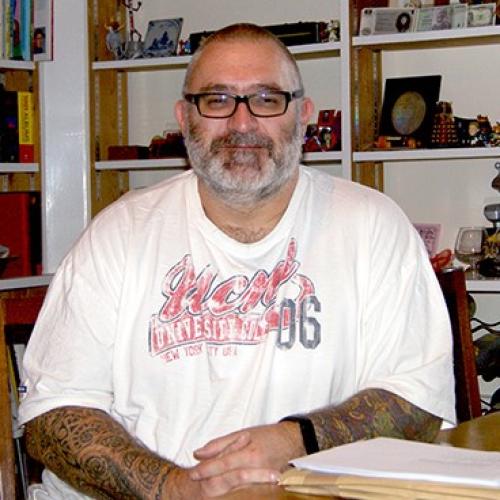
Engineering
- Number of students per year: 12 to 14
- Typical offer: A*A*A or equivalent
- Essential subjects: Mathematics, Physics
- Useful subjects: Further Mathematics, Chemistry, Computer Science, Design Technology, Electronics
Engineering has a high profile at Jesus College. The Department of Engineering is responsible for organising all the lectures, coursework, and projects within the Engineering course and for setting and marking all the examinations. The Department also takes responsibility for organising supervisions (teaching in small groups) in the third and fourth years of the course.
The College organises supervisions in the first and second years. At Jesus the vast majority of supervisions in these years are given by the Engineering Fellows in the College, ensuring that you will have the best possible support in these vital, foundational years. Our team of Engineering Fellows cover all the main branches of Engineering between them.
The College has a lively and active Engineering Society that organises regular talks and social events, bringing together current and former members of the College.
Requirements
Our typical conditional offers are for two A* grades and one A grade at A-Level or equivalent. If you are taking four relevant A-Levels you may be asked for A*A*AA or A*A*AB. We don't usually require a Sixth Term Examination Paper (STEP) or Advanced Extension Awards (AEA) in Mathematics.
If you're studying A-Levels or equivalent Maths and Physics are essential. Another A-Level in a relevant maths, science, or technology subject is also highly desirable. Appropriate subjects include:
- Chemistry
- Computer Science
- Design Technology
- Electronics
- Further Maths.
Of these Further Maths is preferred. Many people applying to study Engineering take a fourth A-Level. The breadth of Engineering is such that 'contrasting' subjects like a modern language, Geography, or Economics can also be good choices.
A balance of vocational and academic subjects is also acceptable. Maths A-Level or its equivalent is still essential, but other science or technology A-Levels can be replaced by a suitable vocational qualification, such as a BTEC National Certificate or Diploma in an engineering discipline.
Written assessment
You'll need to take the Cambridge Engineering Admissions Assessment (ENGAA) at an authorised local centre, most likely your school or college. This assessment will take place in mid-October and you will need to register in advance. Find out more on the University website.
The ENGAA assesses your ability to apply your existing Maths and Physics knowledge and skills in possibly unfamiliar contexts, and in ways that require more creative thinking.
Interviews
In 2023-24, we’ll be interviewing shortlisted applicants virtually, with interviews taking place in December.
The interview process aims to assess your intellectual ability, potential, and commitment to the subject. Candidates are typically interviewed by at least three subject specialists, including the Director of Studies, and total contact time will be between 35-50 minutes in total. This could be in a single interview, or in two separate interviews. Further details will be made available to candidates closer to the time.
Find out more about the interview process on the University website.
Written work
You don't need to submit any written work.
Deferred and post A-Level entry
We positively encourage deferred entry for Engineering. A gap year can be very beneficial, for example if you gain work experience in industry. Many students obtain sponsorship that provides industrial experience prior to university, vacation work placements, and financial benefits. The Year in Industry scheme provides pre university work experience for potential engineers.
You can find out more information about gap years and industrial sponsorship on the Engineering Department website.
Find out how to apply to study at Jesus.


